Former students of Michaela School in Brent, London, claim that the school’s “prayer ban” made being Muslim seem “toxic” and “evil.” The controversial policy, implemented in March 2023, prohibited “prayer rituals,” sparking a High Court challenge.
The school, known for its strict “tiger teaching” approach, faces allegations that the rules disproportionately affected Muslim students.
The school, led by Katharine Birbalsingh, a former government social mobility tsar, has not commented on the matter during the court challenge. However, Birbalsingh previously described Michaela as a “happy and respectful” place, emphasizing positive experiences for Muslim students.
Two former pupils, identified as Selena and Sarah, spoke anonymously to BBC London, claiming that the school’s stringent rules, including the prayer ban, had a significant impact on Muslim students.
Selena expressed feeling stripped of her Islamic identity, while Sarah described the school environment as stressful, attributing obedience to fear rather than genuine interest in learning.
The former pupils also highlighted alleged insensitivity regarding Islamic practices, such as restrictions on wearing hijabs and discouraging prayer. Selena emphasized a broader cultural issue within the school, stating a lack of respect for religious identity.
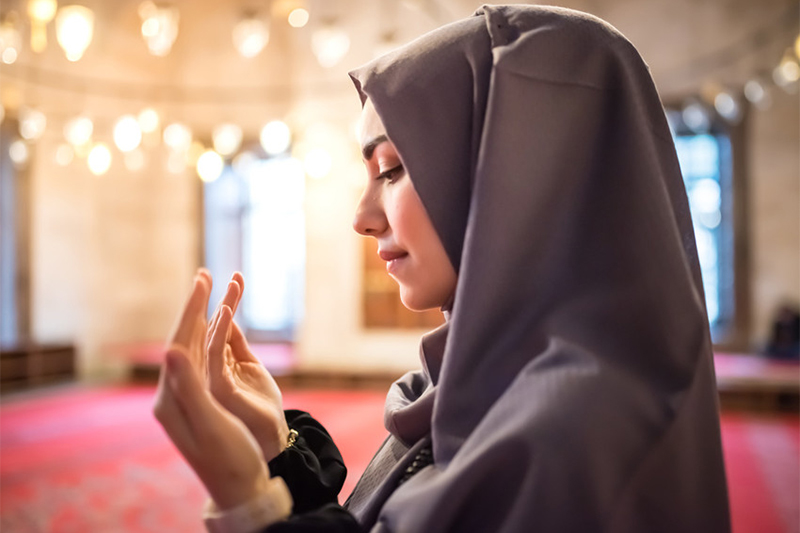
Despite the allegations and complaints from families, Michaela School has not responded to the specific concerns raised by the former pupils. The court hearing has concluded, and a ruling from Mr Justice Linden is awaited.
Related Articles:
- Authorities Bust Illegal Marijuana Operation in Skowhegan; Three Arrested
- Navigating Georgia’s Educational Landscape: A Closer Look at School Performance
- Education Budget in Focus: NYS Lawmakers Hold Hearing
The Department for Education (DfE) clarified that academies, like Michaela, handle complaints internally, urging complainants to follow the school’s complaints procedure before involving the DfE. Brent Council stated that as an academy-free school, Michaela is not under local authority control.
This case highlights the delicate balance between educational policies and respecting cultural and religious diversity within school environments.

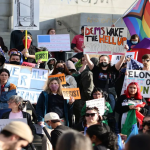






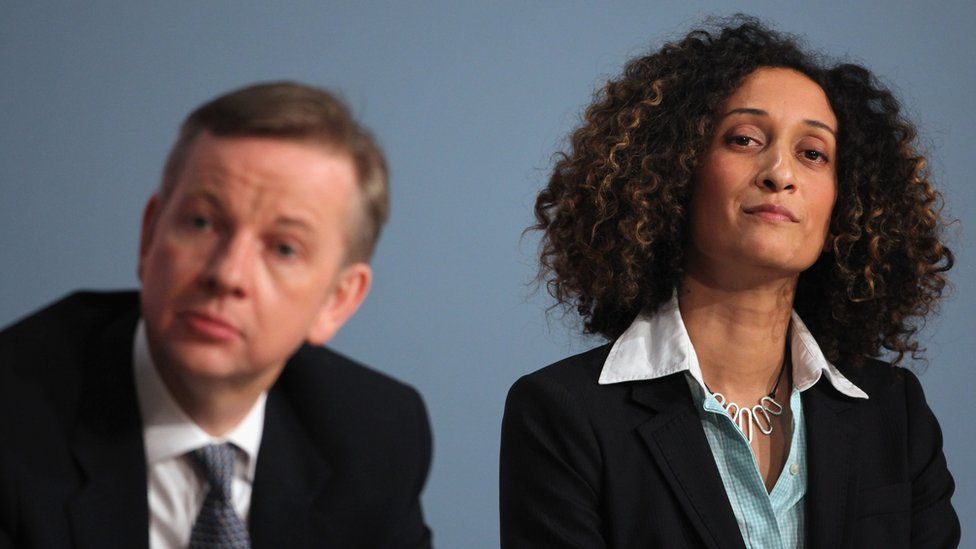

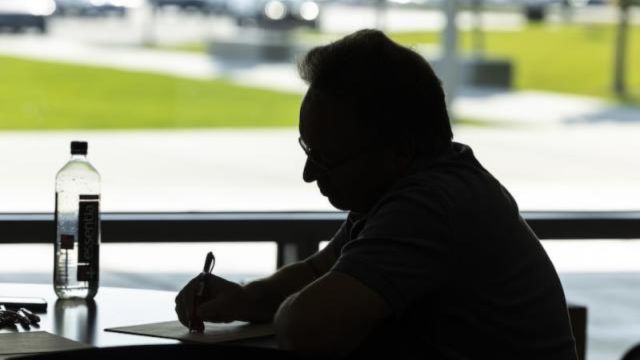
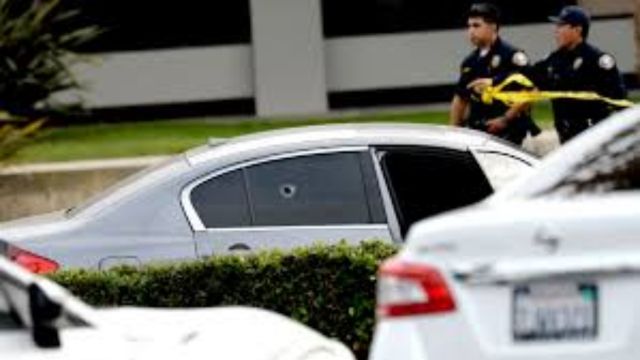
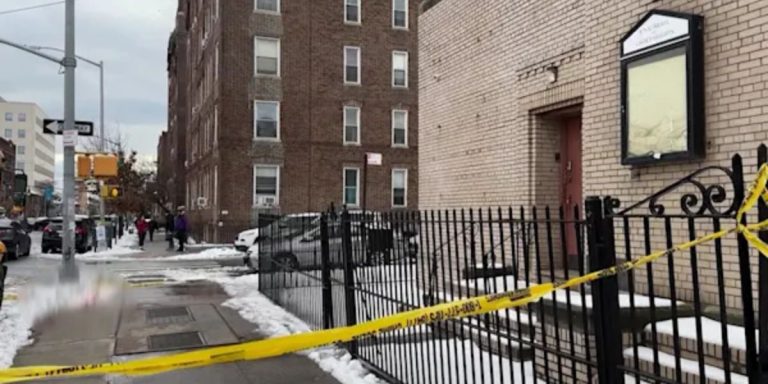



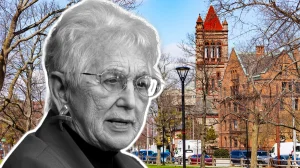
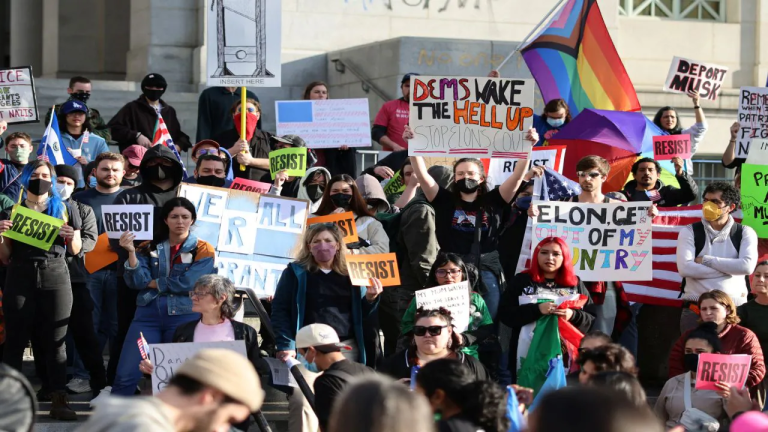
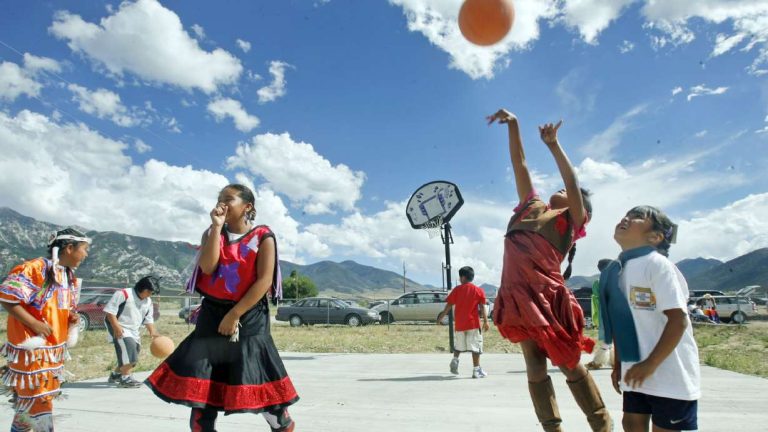



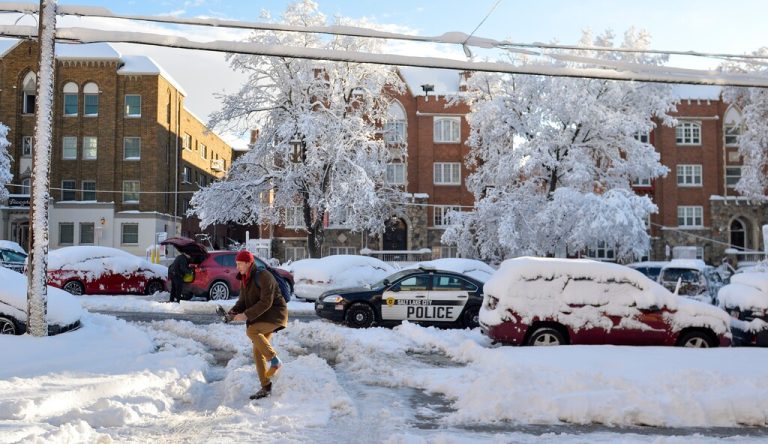





+ There are no comments
Add yours